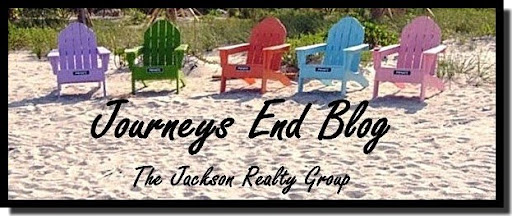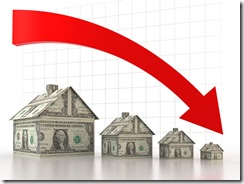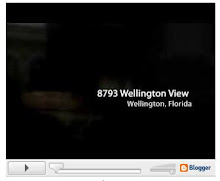Sounds great...especially in this market. Worth checking out? That's what the agent is hoping you'll think. Get their phone to ring...but they'll most likely never discuss the details over the phone..."much to complicated and need to see your home to see if it qualifies"...get the foot in the door. But there is NEVER a free lunch; there is always a cost associated.
But, particularly in this type of market, it would be "good business" if the agent NEVER bought any homes, or if they did, that they were purchased at such a drastic discount that the seller could do better selling the home themselves.
I have gone to several seminars where they promoted this (tactic/gimmick) and it starts out sounding something like this:
" Mr./Mrs. homeowner, a big dilemma when making your move is deciding whether to buy 1st or sell 1st. Either way is risky as you could end up with 2 homes (or no home). Our unique/innovative/etc Guaranteed Sale Program solves this dilemma...you get our personal guarantee that if we don't sell your home in 90/120/180 days, we will buy it at a price acceptable to you. Now, WE take all the risk from you and you can immediately place a confident offer on another home".
The hidden details usually follow some or all of these general guidelines:
- Must purchase one of the agents listings...or at least buy a 'full commission' home with them
- Seller must still pay a full commission on the 'guaranteed' sale
- Quite often an 'upfront' fee or guaranteed sale program fee of anywhere from $295 to fees in the thousands
- "Agreed upon" price well below appraisal/market value...could be as low as the 80% range, then subtract commissions, fees, closing costs etc.
- Original list price 5% below comparables
- Seller is REQUIRED to continually lower the asking price during the 90 day (or whatever the guarantee period is)...for example: 100% for 1st 30 days, 90% day 30-60, 80% day 60-90, at which point they have reached their 'guarantee' point (but minus a full commission, etc.)
- Sign the listing agreement first...then the guaranteed purchase details come later
- May be a maximum allowable program price
- Restrictions on home condition
- Use the language "I'll buy it for 'list' price", but fail to say that the 'list' price is the 80% ENDING list price
Think about these few points:
- With as difficult as it is to get a mortgage now, COULD your agent actually perform on their guarantee? Ask to speak with their mortgage lender...do your due diligence as with any other buyer.
- If they don't need a mortgage and have a few $million sitting around to buy homes that don't sell in 90 days, why are they a real estate agent?
- Are they "flipping" the purchase option to an investor? Are they going to list the home for the investor once they buy it?
- Can they assign the guaranteed sale price (as in a wholesaler)?
Good, solid, cutting-edge marketing, a detailed understanding of the local and national economic factors affecting home values, subdivision level market knowledge, ability to analyze trends...trust and mutual respect...THIS is what is needed today.
Thanks for reading









